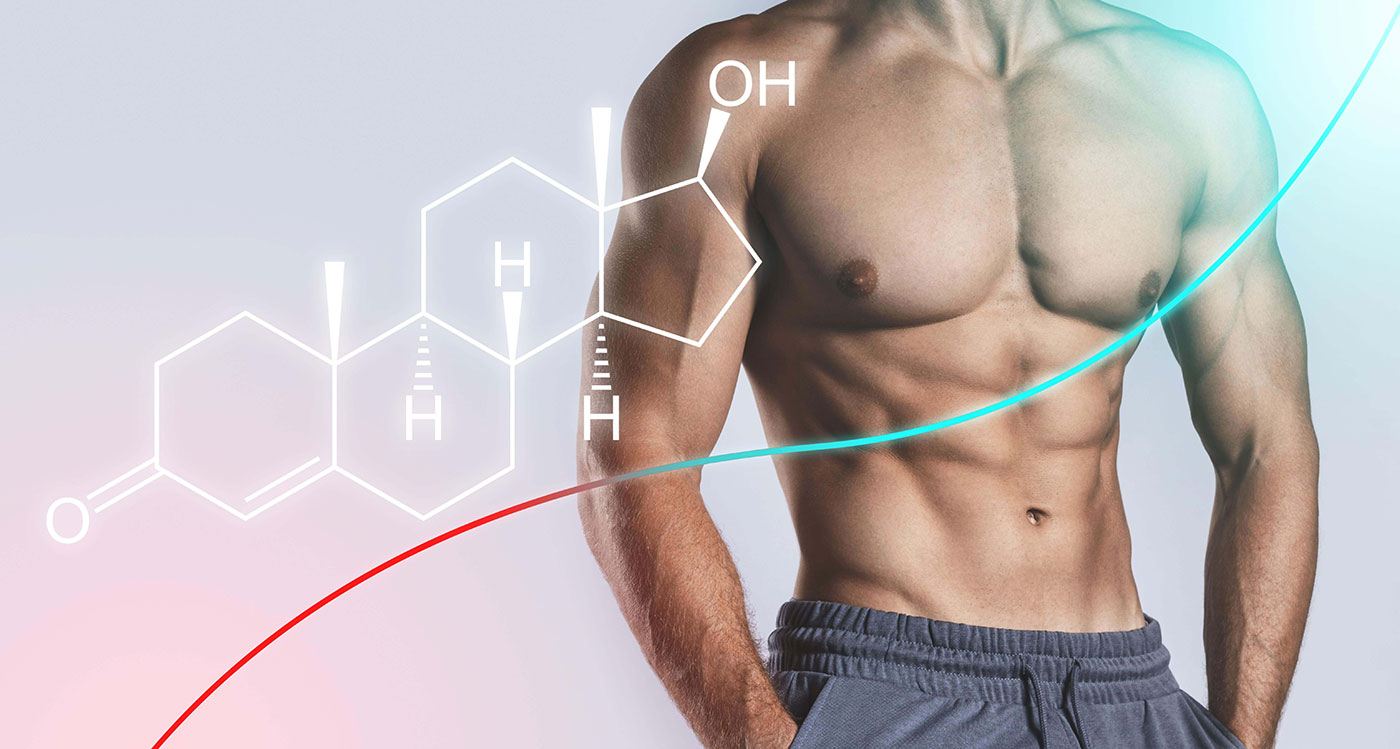Testosterone is a hormone that is vital for male development and sexual functions. It is also important for promoting bone and muscle health. However, as men age, their testosterone levels naturally decrease, which can lead to a variety of potential health issues. For many years, testosterone therapy has been a popular solution to address these issues. In this blog post, we will discuss the benefits and risks of testosterone therapy so that you can make an informed decision about whether this treatment is right for you.

How Does Testosterone Therapy Work? Testosterone therapy is typically administered through injections, gels, patches, or pellets. The treatment works by increasing the levels of testosterone in the body. Higher testosterone levels can lead to increased muscle mass, bone density, and libido. It can also help reduce the risk of obesity, type 2 diabetes, and cardiovascular disease. However, it is important to note that testosterone therapy is not a magic cure-all. It is not recommended for individuals looking to improve their sports performance or muscle mass, as the therapy does not increase strength or athletic ability.
The Benefits of Testosterone Therapy: As mentioned earlier, testosterone therapy has several health benefits. For starters, it can help improve bone density, which is crucial for preventing osteoporosis – a disease that affects millions of aging men around the world. Additionally, testosterone can help improve mood and energy levels in individuals suffering from low testosterone levels. Men who undergo testosterone therapy often report increased libido, better sex drive, and improved sexual satisfaction. Testosterone therapy can also be beneficial for men suffering from depression, as the hormone can help improve their mood and emotional well-being.
The Risks of Testosterone Therapy: While testosterone therapy can be beneficial for some individuals, it does come with certain risks. One potential risk is that the therapy can cause an increase in red blood cells, which can lead to blood clots if levels get too high. Testosterone therapy can also result in acne, oily skin, and an increased risk of developing prostate cancer. Additionally, individuals who undergo testosterone therapy may experience shrinkage of the testicles due to the suppression of natural testosterone production.
Who is a Good Candidate for Testosterone Therapy? Doctors typically recommend testosterone therapy for individuals with low testosterone levels. However, just because a man is experiencing symptoms of low testosterone, such as fatigue, decreased libido, and depression, does not necessarily mean they are a good candidate for the therapy. Doctors will conduct a thorough examination and bloodwork to determine if testosterone therapy is the right option for you. Additionally, doctors will monitor patients throughout the treatment to minimize potential risks.
Understanding the Importance of Proper Dosage: One of the most important factors in the success of testosterone therapy is the proper dosage. Too little testosterone may result in little to no positive effects, while too high a dose can lead to a variety of negative side effects. It is important to consult with your doctor to determine the appropriate dose for your individual needs. Additionally, patients must stay vigilant about proper administration and follow-up appointments with their doctors to ensure that their testosterone levels remain within a healthy range.
Conclusion: Testosterone therapy can be a helpful and safe option for men with low testosterone levels. However, it is not a one-size-fits-all solution. As with any medical treatment, it is important to consult with a qualified doctor to fully understand the potential risks and benefits. Proper dosage and monitoring are key to minimizing the risks of testosterone therapy and enjoying the benefits of improved bone health, mood, and sexual function.
 icons at the top right corner of the subsection.
icons at the top right corner of the subsection.